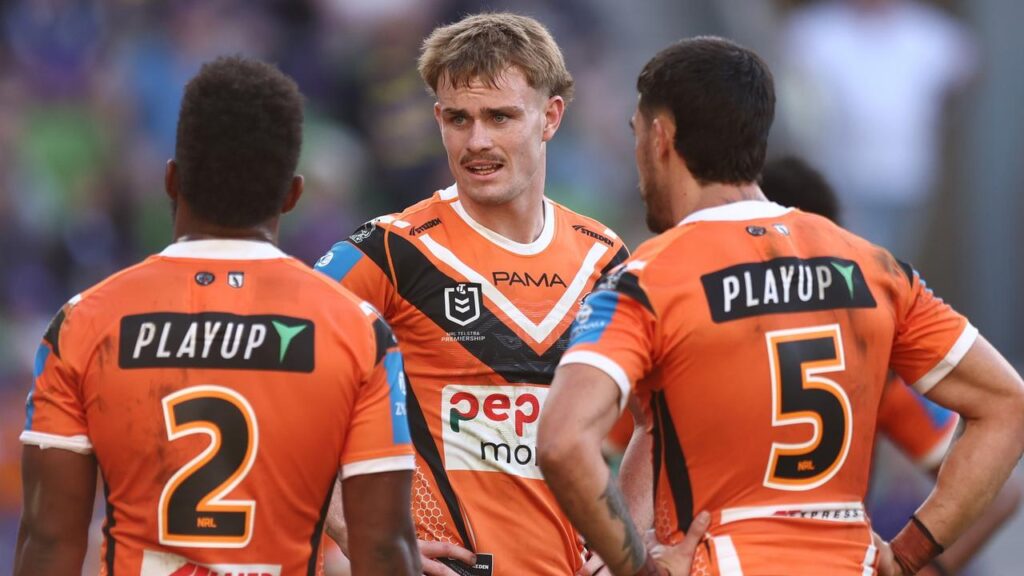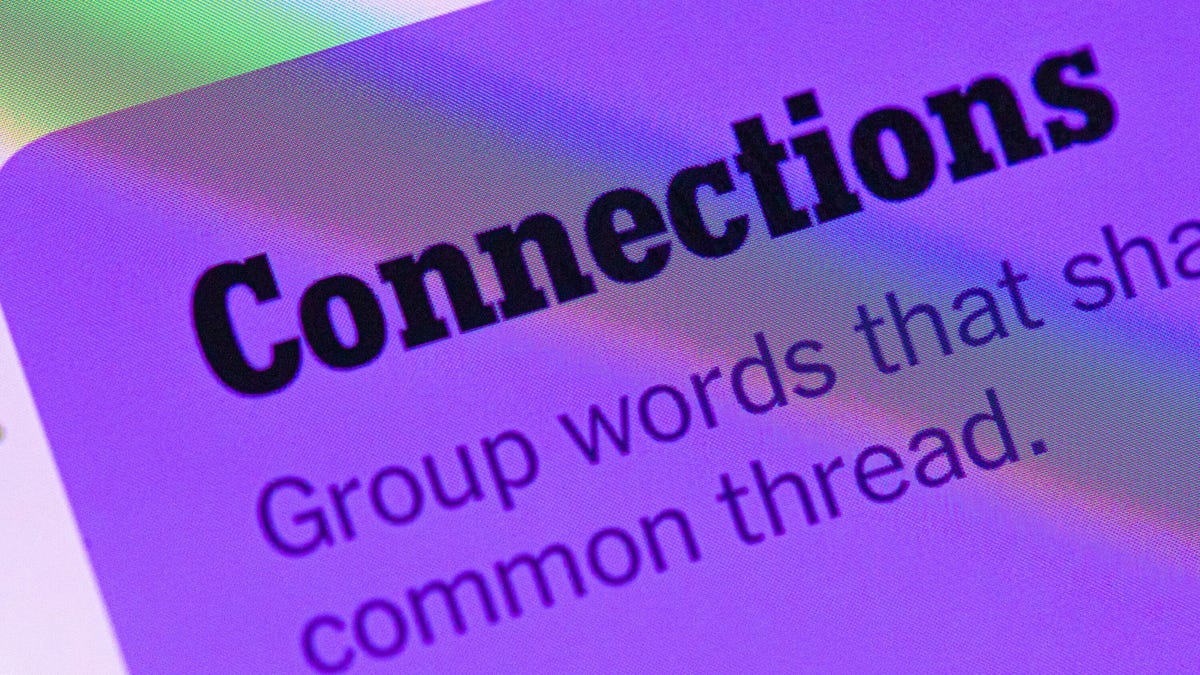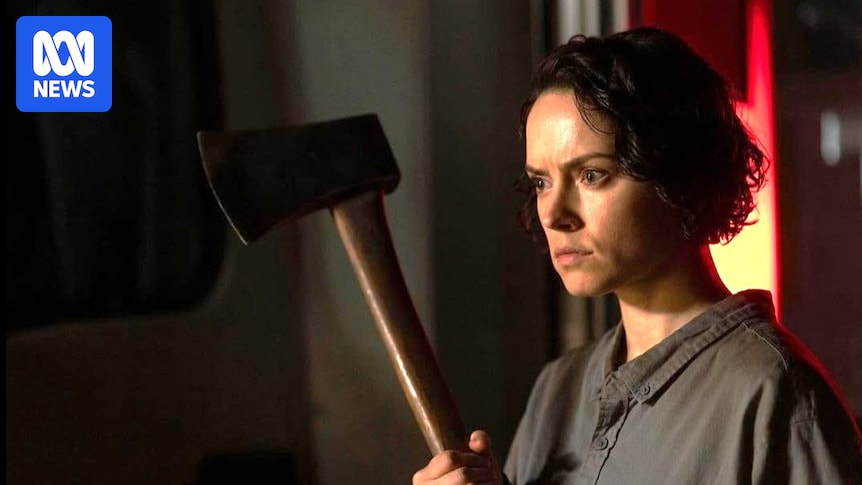
“Performance is a very good mask for mental health. If you can keep turning up and doing your job, nobody bothers to ask.” This sentiment, shared by mental health expert Gary Fahey, highlights a growing concern within the National Rugby League (NRL) as athletes face unprecedented pressures. The issue, often overlooked, is now demanding attention as the mental well-being of players becomes increasingly crucial.
The pressures in the NRL have reached an all-time high, with athletes like Wests Tigers’ young star Lachlan Galvin exemplifying the intense scrutiny and expectations placed upon players. Despite the overwhelming fallout from his contract decision, Galvin has managed to maintain composure and dignity, according to Fahey. “I think he’s been quite impressive… he’s done very well to front up in the fact that he turned up to play reserve grade, deal with what was in front of him,” Fahey told foxsports.com.au.
Performance vs. Mental Health: A Delicate Balance
The relationship between performance and mental health in sports is complex. Fahey argues for a shift in perspective, where mental well-being is seen as a performance enhancer rather than a checkbox to tick. “With a mountain of pressure to perform, from the public and media, comes an internal battle which can impact a player’s mental health,” Fahey explains.
This approach is not just theoretical for Fahey, who has firsthand experience with mental health struggles. After an 18-year career in the Federal Police, including leading the Prime Minister’s protection team, Fahey faced his own challenges. His journey through gambling addiction and subsequent recovery led him to pursue advanced studies in brain and mind science, becoming an ambassador for the Australian New Zealand Mental Health Association.
The Underlying Issues
According to Fahey, the intricacies of the game have become increasingly detailed, with numerous TV shows dissecting performance, pressures, and contracts. “I think with a lot of the guys that I’m seeing, it’s not as though they don’t have coping strategies, they just have never learnt or been taught how to deal with some of these events,” Fahey states.
“They worry about speaking to people at the club because their position becomes in jeopardy. They worry about speaking to people outside of the club because you know, we all know, that journalists are very good at finding out information. They’re worried about their market value dropping and often what they’re doing is they’re just retreating into themselves.”
The concept of “performance-based identity” becomes particularly problematic when a player retires or is dropped, leading to potential issues such as drinking, drugs, and gambling. “With high performers, when they break they almost burn the house down with it,” Fahey warns.
Statistics and Tragic Outcomes
The statistics are sobering. According to the NRL, 2.4 players in every rugby league team will experience depression at some point. In 2023, 2,419 men in Australia died by suicide, accounting for 75% of all suicides that year, according to Life In Mind. The NRL has not been immune to these tragedies, with individuals like Paul Green and Mosese Fotuaika taking their own lives.
“Fingers crossed, and hopefully we don’t get there. But there’s also a lot of damage that can happen on the way to suicide. Again, relationship breakdowns, domestic violence, drink driving, car crashes, you name it, all of those things are probably somehow linked to mental health,” Fahey emphasizes.
A New Approach to Mental Health
Fahey advocates for a proactive approach to mental health within professional organizations. Rather than simply hiring a psychologist, mental well-being should be framed as a means of enhancing performance. “Quite often clubs pin their hopes on policy and tick and flick boxes, and what I see is that the support networks are there, it’s just not one that resonates with the player,” he explains.
To facilitate meaningful conversations, Fahey suggests employing former players as mentors. He cites ex-Roosters stars Todd Carney and Mitchell Pearce, as well as former Test player Darius Boyd, as examples of athletes who have been open about their mental health struggles. “I don’t think we have to zero-in only on former NRL players. I do think that high performance resonates across fields,” Fahey concludes.
As the NRL continues to grapple with these issues, the call for change is clear. By viewing mental health as a performance enhancer and fostering open dialogue, the league can support its players more effectively, ensuring their well-being on and off the field.
— ARE YOU STRUGGLING AND NEED HELP? CALL LIFELINE ON 13 11 14






